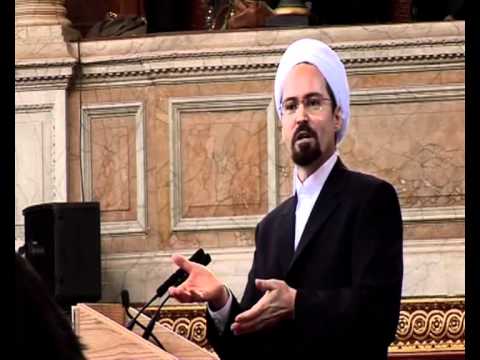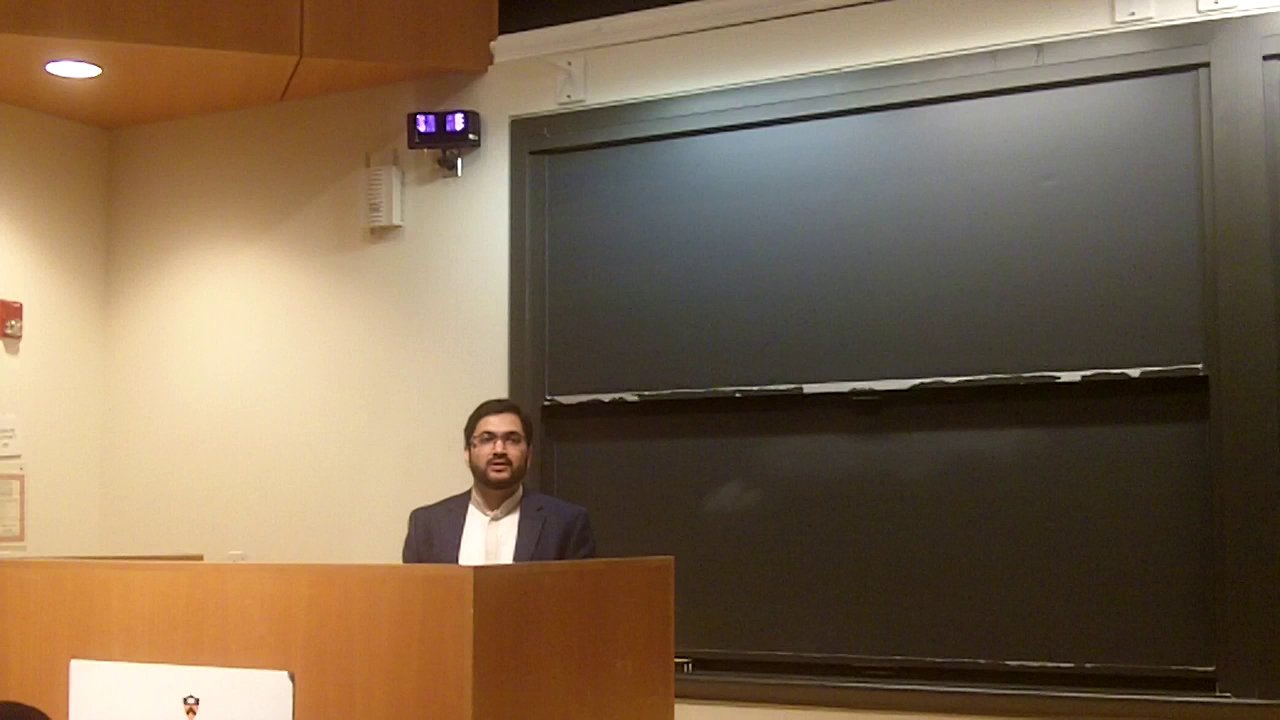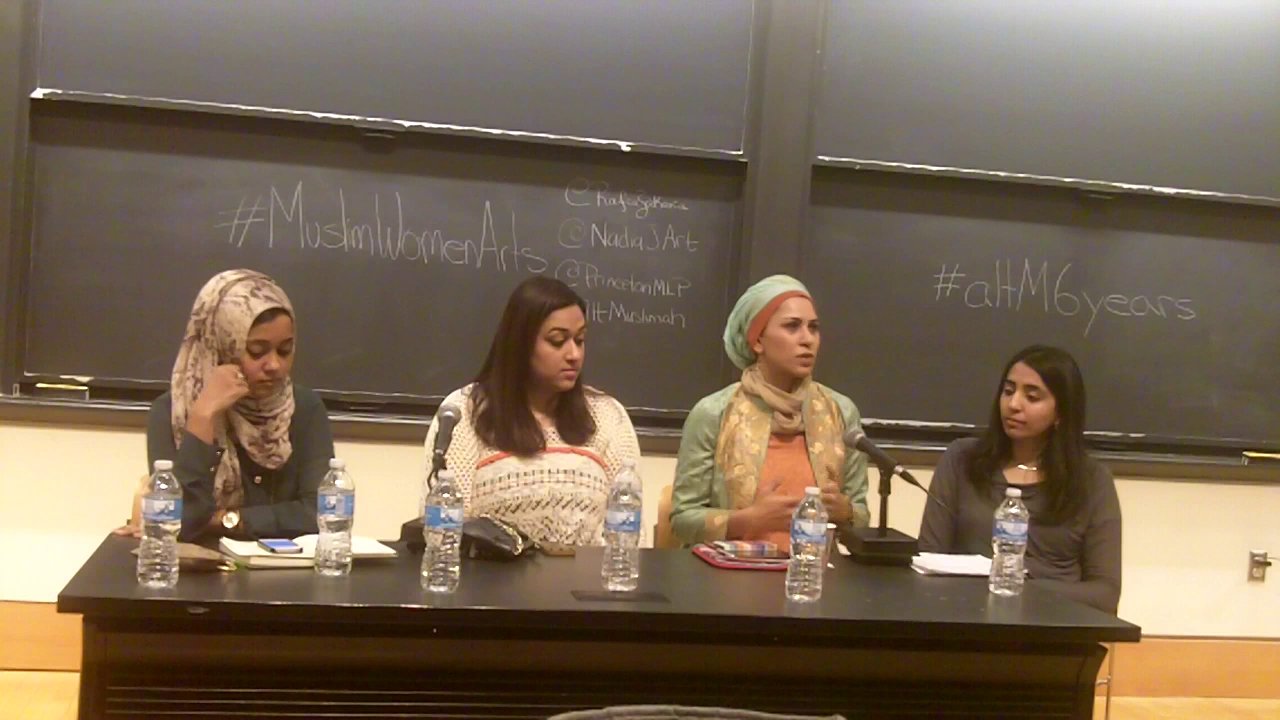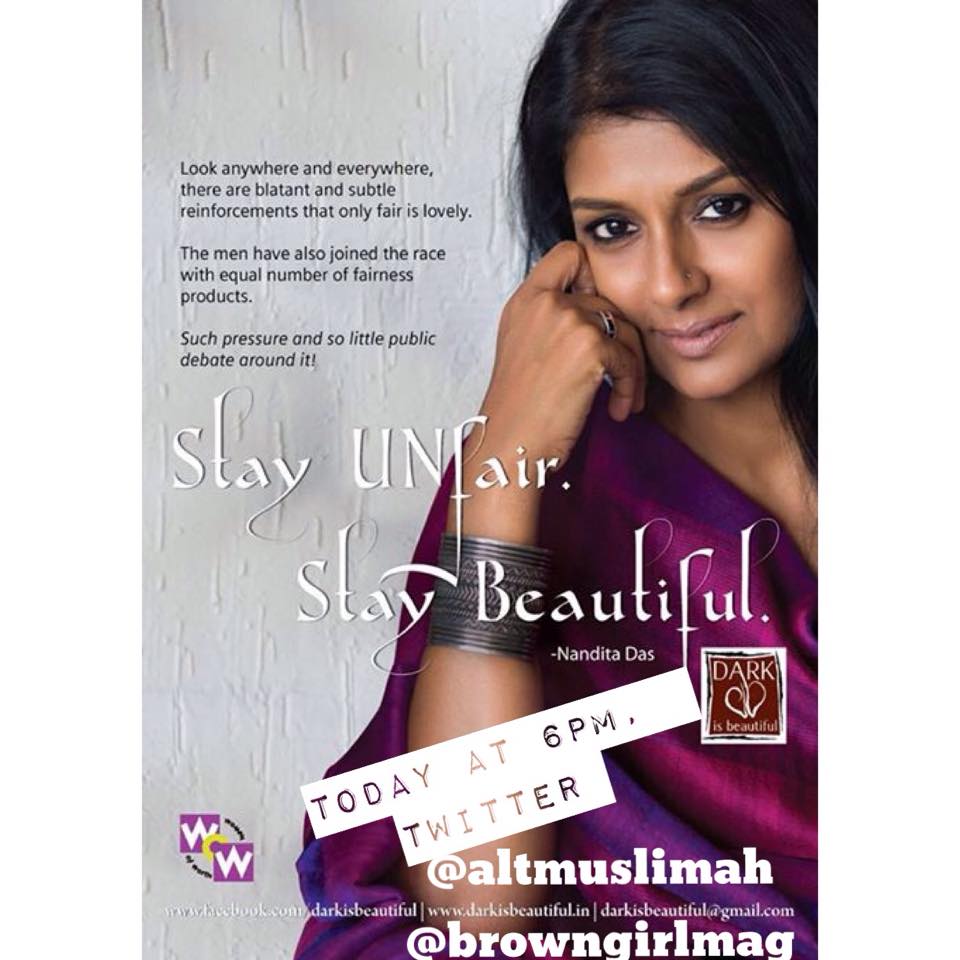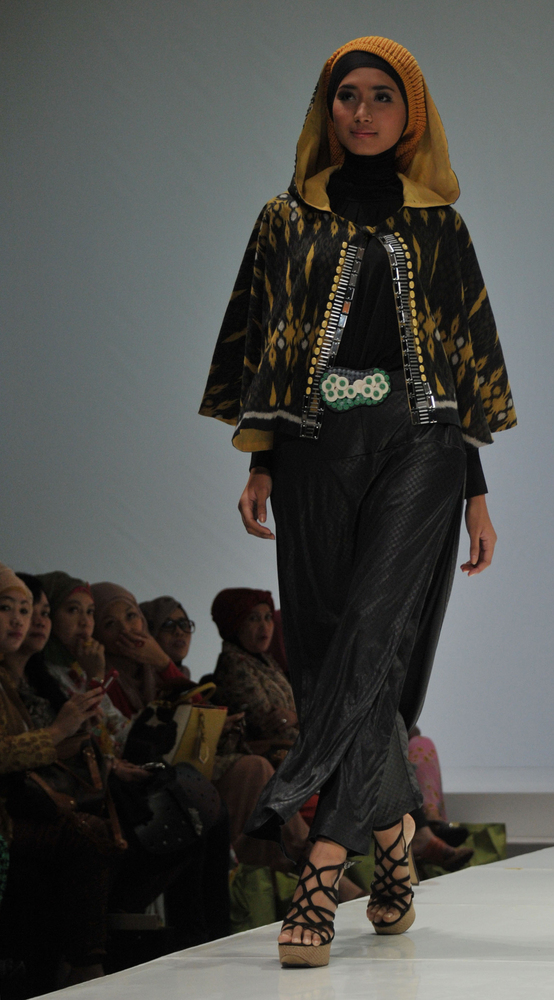At the 2010 Rethinking Islamic Reform conference, Islamic scholar, Hamza Yusuf, gives his audience a glimpse into the Islamic tradition that supports female-lead prayers
At the 2010 Rethinking Islamic Reform conference, Islamic scholar, Hamza Yusuf, gives his audience a glimpse into the Islamic tradition that supports female-lead prayers:
“Now, in terms of what is legitimate renovation, or tajdeed, I would argue that the Islamic tradition is a vast tradition. The Islamic tradition is largely unread. Even people now that are studying in madrasas, studying at shariah colleges, do not go deeply into this tradition. This is simply a fact. I will give you one example: when I wrote a paper on female prayer – because this was an issue a few years ago. Years ago, when I was a student in Mauritania, I remembered in a book that Ibn Ayman from the Malaki madhab considered female prayers was permissible in that madhab. And I remember as a 21 year-old student underlining that. I actually went back to that book and found my underlining of that statement. When I studied the prayer issue, I was so struck by the fact that not only was it debated early on but there were multiple opinions. Imam Tabari considered it permissible for women to lead the prayer if they were more qualified than men – to lead men in prayer. Ibn Taymiah himself permitted women to lead men in prayer if they were illiterate and she was literate. He just said that she should lead from back because she might distract the men if she was leading from the front. Ibn Taymiayah permitting a woman to lead men in prayer. This is the tradition. It’s all there. People have no idea how many of these issues were already examined and discussed. And incredible erudition and energy went into this. So if you look, I would argue that the Islamic tradition has within itself all of the needs to renovate the house. But it’s going to take an immense amount of intellectual energy. It’s going to take very, very highly qualified people which necessitates institutions that can train and produce the types of people that are needed to engage in this activity.”
















